The power brokers who could name India’s next prime minister
The results of India’s marathon national election will be declared tomorrow (May 23).
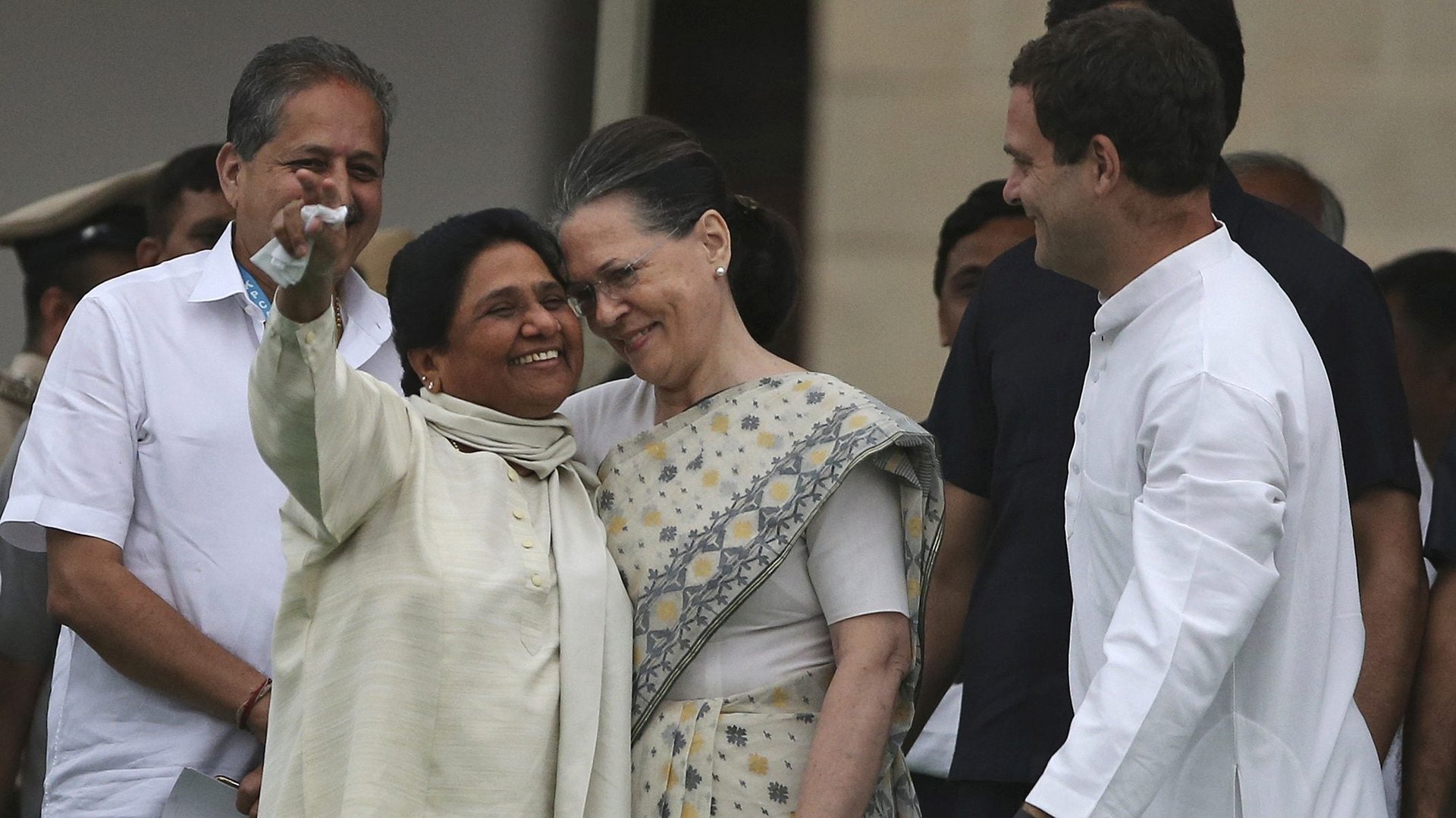

The results of India’s marathon national election will be declared tomorrow (May 23).
Outgoing prime minister Narendra Modi’s Bharatiya Janata Party (BJP), leading a coalition of political outfits called the National Democratic Alliance (NDA), is widely expected to remain dominant. Yet, it is likely that it may need the support of other small-but-powerful players to form a government this time, given the nature of India’s fragmented, multi-party political system.
On the other hand, the main opposition party, the Indian National Congress (INC), which leads the United Progressive Alliance (UPA) coalition, too, will need the support of more regional parties to stop the BJP.
These smaller outfits have their own sets of demands and preferences. As of now, negotiations are on in full swing on both sides of the main political divide. While Modi held a meeting with allies on May 21, the INC’s Sonia Gandhi is expected to meet potential allies on May 23.
Here are some of the key non-BJP, non-Congress political leaders who could play a major role in deciding the next government of India, particularly if neither the NDA nor the UPA gets a majority on its own in the Lok Sabha, India’s lower house of parliament.
Naveen Patnaik
Biju Janata Dal, 18 seats in outgoing Lok Sabha
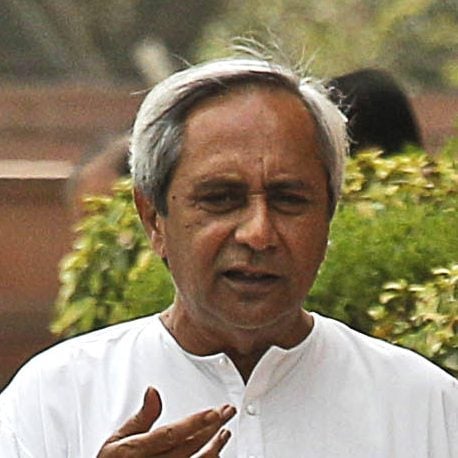
The chief minister of the eastern state of Odisha, he has won the past four state elections on the trot. He was in alliance with the BJP before walking away in 2009 over its alleged involvement in anti-Christian riots in Odisha.
Patnaik has earlier said his party will support “whichever side offers the best deal to Odisha.”
He has also written three books and speaks fluent French. However, opponents criticise him for a less than perfect command over Odia, his state’s native language.
Uddhav Thackeray
Shiv Sena, 18 seats in outgoing Lok Sabha
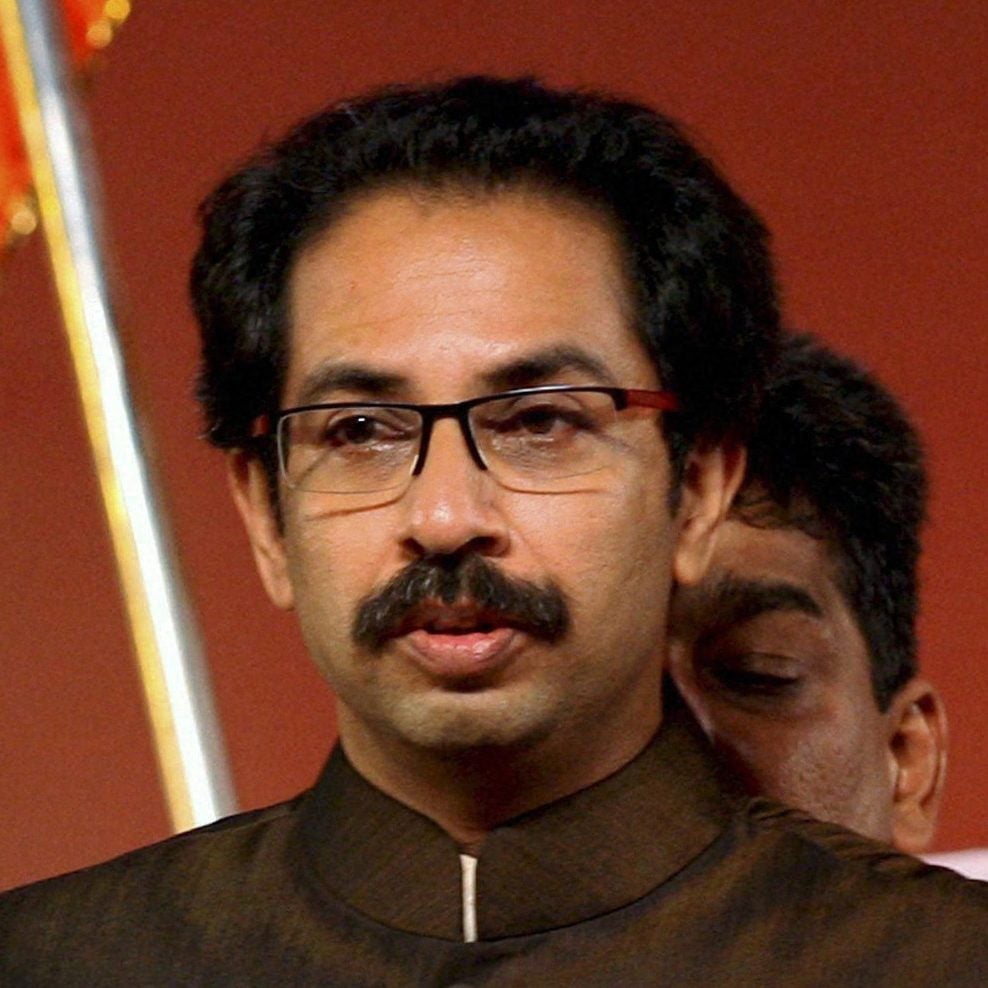
Thackeray heads the son-of-the-soil Shiv Sena, with a prominent presence in the western state of Maharashtra.
His party has been one of BJP’s closest allies for decades. It stuck by the Hindu nationalist party even when most others deserted it in 2013. Yet, over the past few years, the two allies have been fighting publicly for political dominance in Maharashtra.
Thackeray’s party is expected to remain with the BJP during the power-play that may follow the election results.
N Chandrababu Naidu
Telugu Desam Party, 15 seats in outgoing Lok Sabha
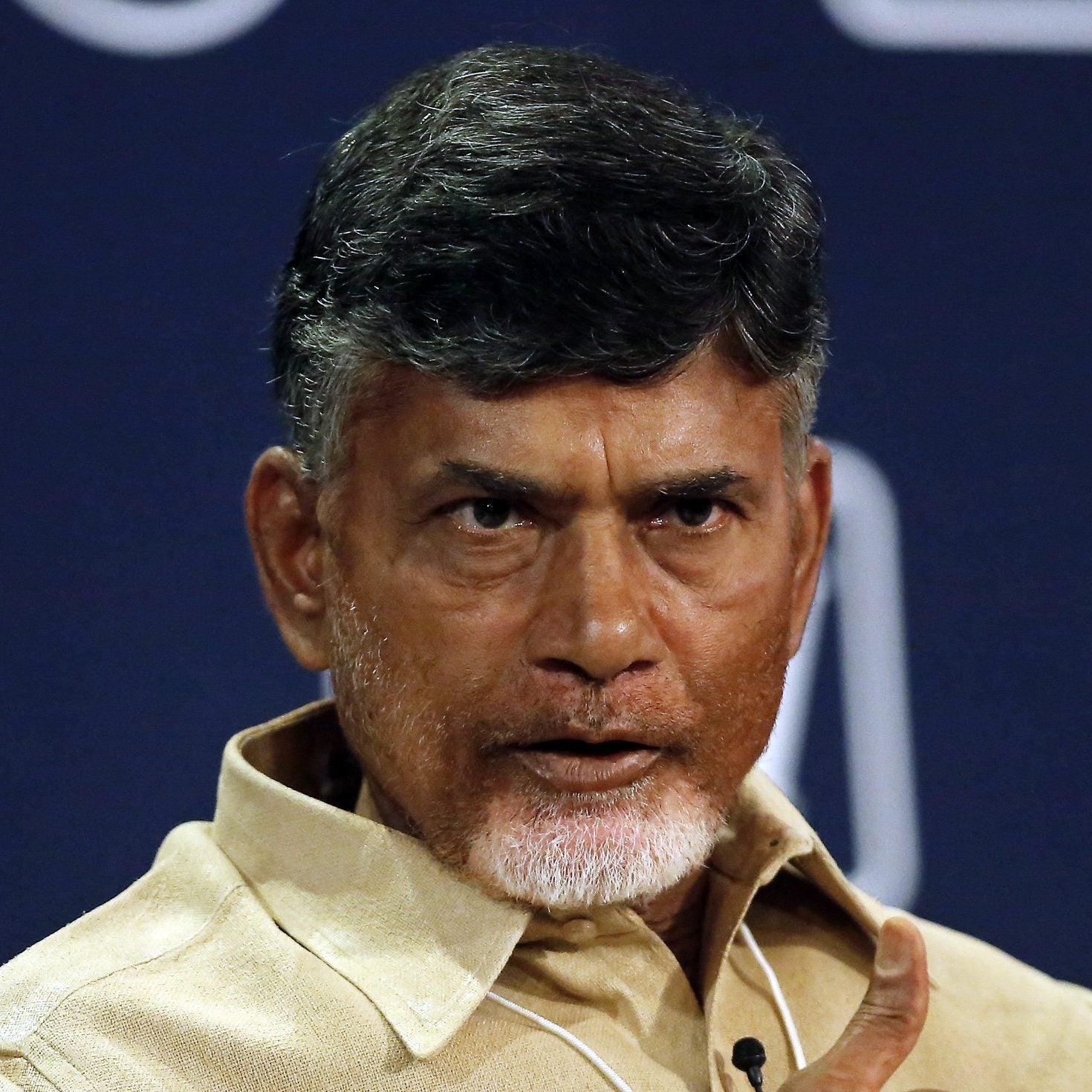
The chief minister of the southern state of Andhra Pradesh has emerged as a key broker between the various opposition parties during the 2019 election, trying to build a common anti-BJP front that would be led by the Congress.
Naidu’s Telugu Desam Party was part of the NDA, but broke away in 2018, protesting unsatisfactory financial support to his state.
His political journey began with the Congress youth wing during India’s tumultuous Emergency in 1975-77. Naidu is best known for the transformation of the city of Hyderabad into an IT hub during his tenure as chief minister of the undivided state of Andhra Pradesh in the 1990s.
K Chandrashekar Rao
Telangana Rashtra Samithi, 10 seats in outgoing Lok Sabha
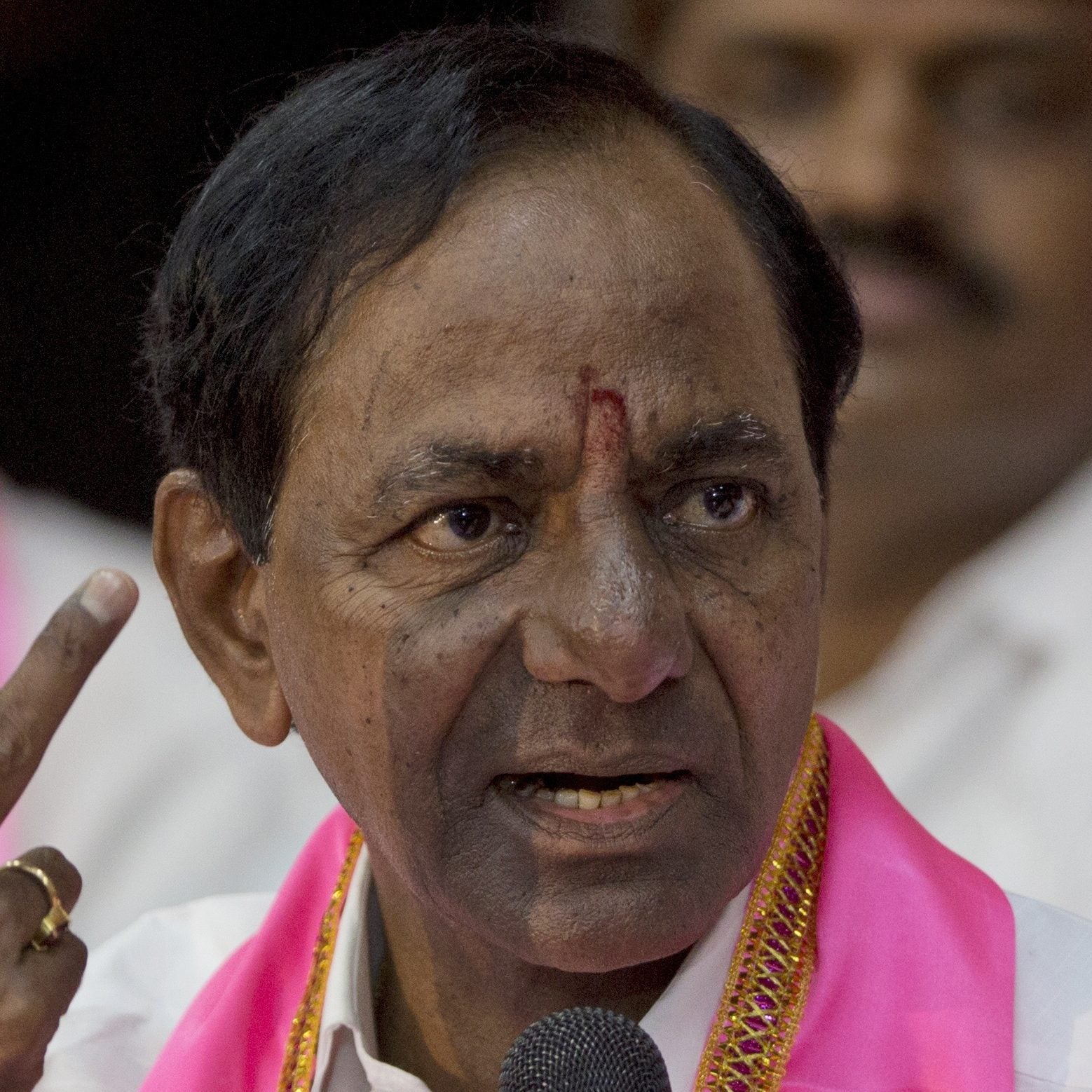
For years, the TRS spearheaded protests seeking separate statehood for Telangana, lopped off from the erstwhile undivided Andhra Pradesh in southern India. Since the new state’s formation in 2014, Rao has been its chief minister.
He has proposed that regional parties form a “federal front” that would side with neither the BJP nor the Congress.
“We have seen both parties,” he recently said. “People had lot of hopes from Narendra Modi. But, he has also been an utter flop.”
Akhilesh Yadav
Samajwadi Party, 7 seats in outgoing Lok Sabha
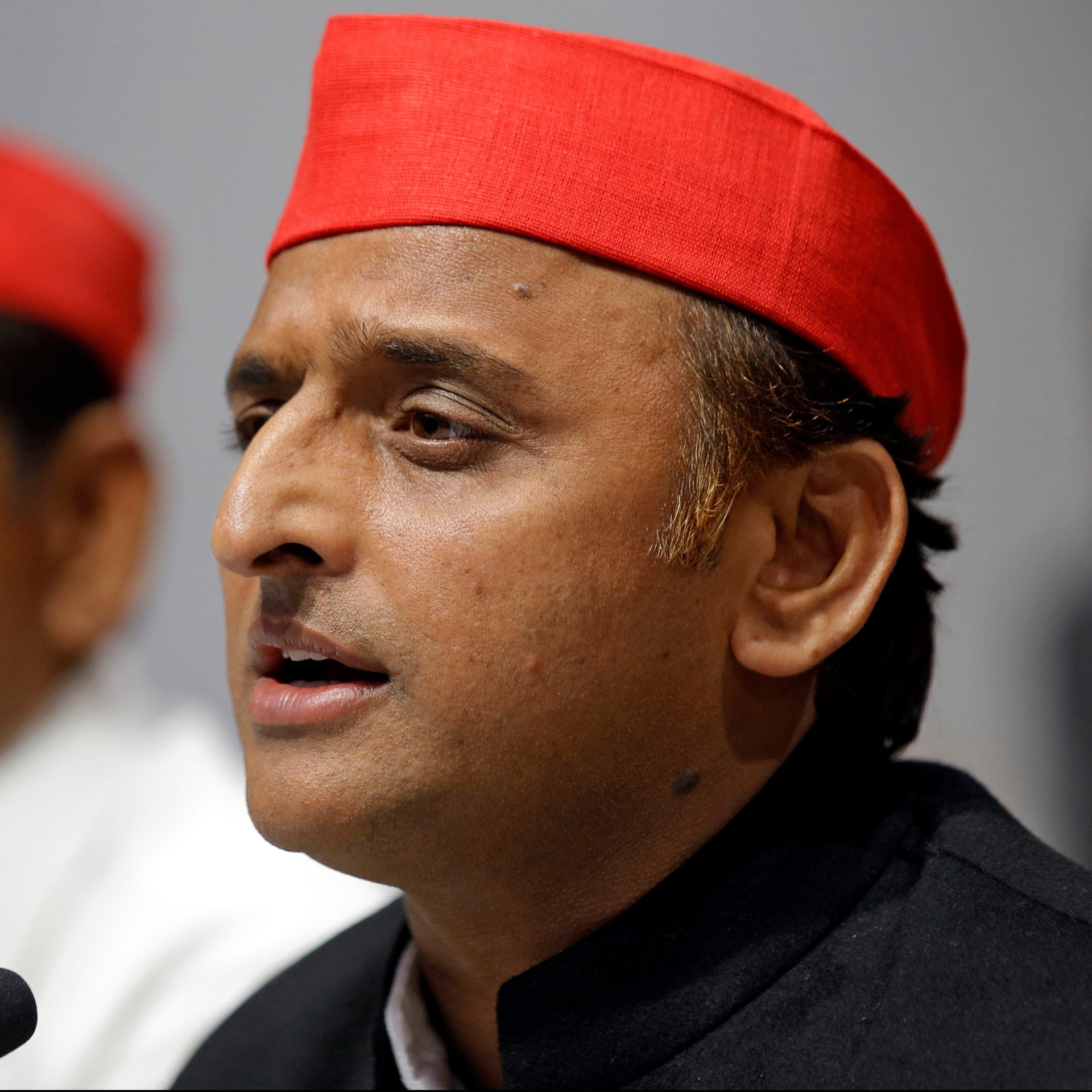
The former chief minister of the northern state of Uttar Pradesh, India’s most populous and electorally most significant, has formed an alliance with SP’s long-time rival in the state, the Bahujan Samaj Party (BSP).
Together, the duo hopes to win far more seats this time in the state than the BJP, which swept 71 of the 80 Lok Sabha Seats from Uttar Pradesh in 2014.
Yadav followed his father Mulayam Singh Yadav into politics, and is the youngest politician to have been chief minister in India.
Sharad Pawar
Nationalist Congress Party, 6 seats in outgoing Lok Sabha
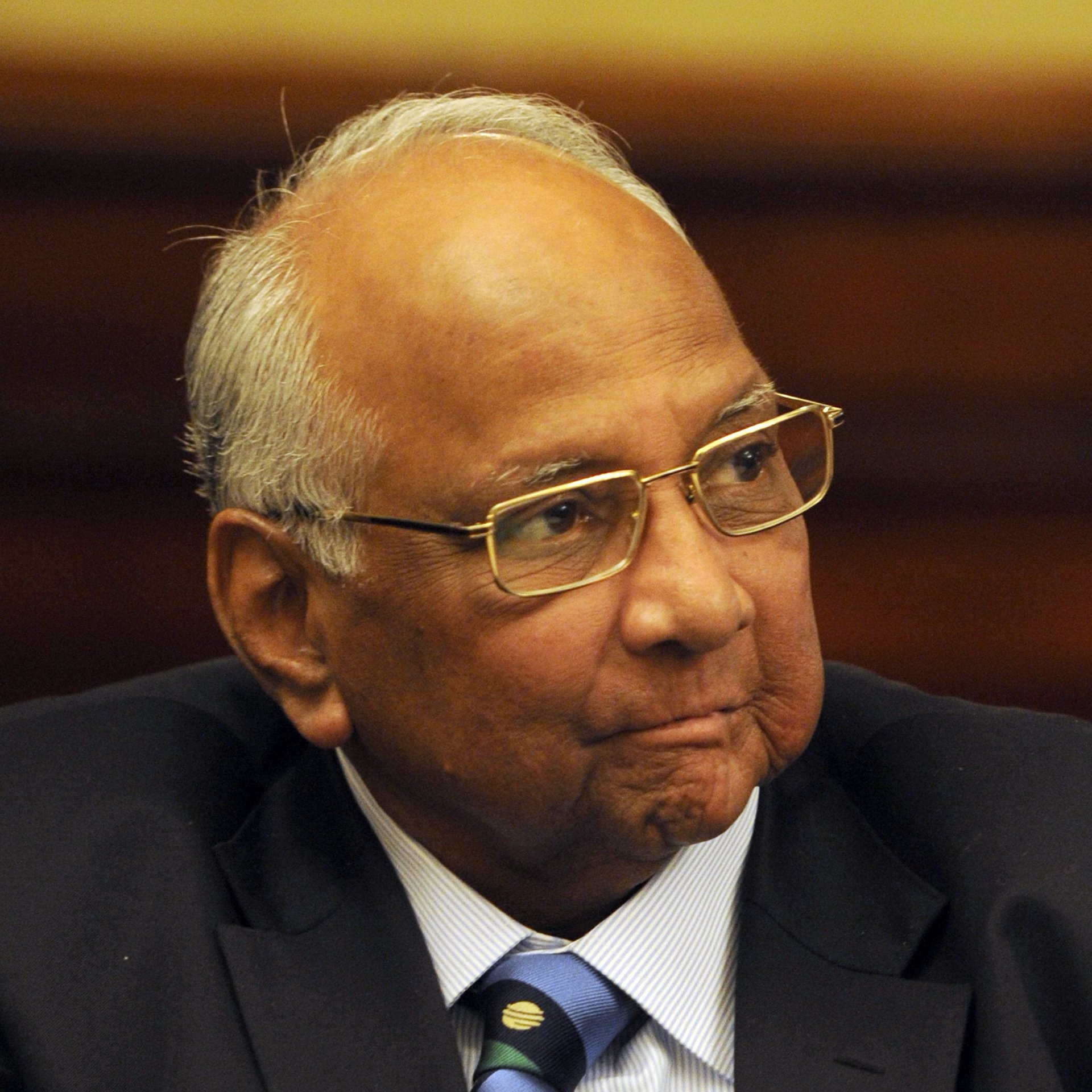
A former chief minister of Maharashtra, Pawar was a veteran Congress member before parting ways in the late 1990s, but has remained an ally of the national outfit despite that.
Pawar has served as minister in the central government on multiple occasions.
In 2017, the Narendra Modi government awarded him the Padma Vibhushan, the second-highest civilian honour in India, signalling attempts to woo him away from the Congress alliance. Pawar, however, has not indicated any shift in his allegiance till now.
Besides the names mentioned here, there are also a couple of candidates for the prime minister’s post if the parties led by the lead players, Narendra Modi and Rahul Gandhi, fail to form governments on their own or cobble together a viable alliance to gain power. Regional players like Mayawati of the Bahujan Samaj Party and Mamata Bannerjee of the All India Trinamool Congress, with their own strong grassroots support base, have often hinted at giving prime ministership a shot. Even if they don’t get to that stage, their role as king-makers at Delhi could be crucial over the next few days.